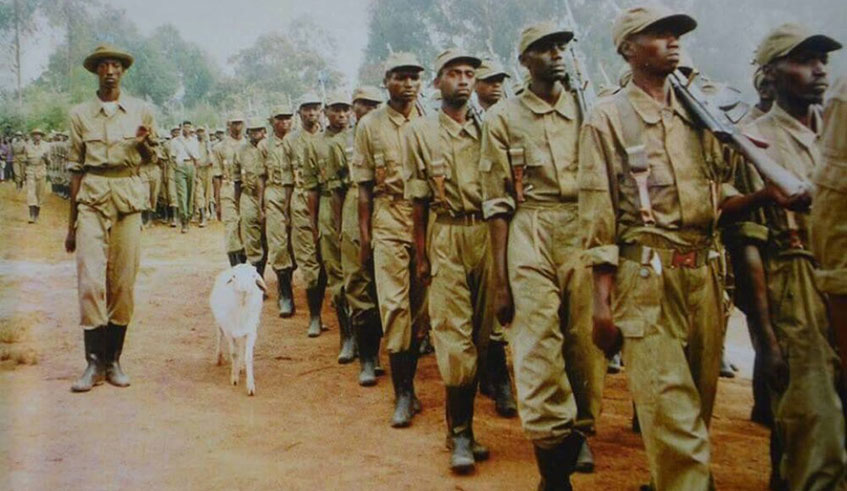Regional
Liberation 30: How RPF-led government uprooted corruption in Rwanda
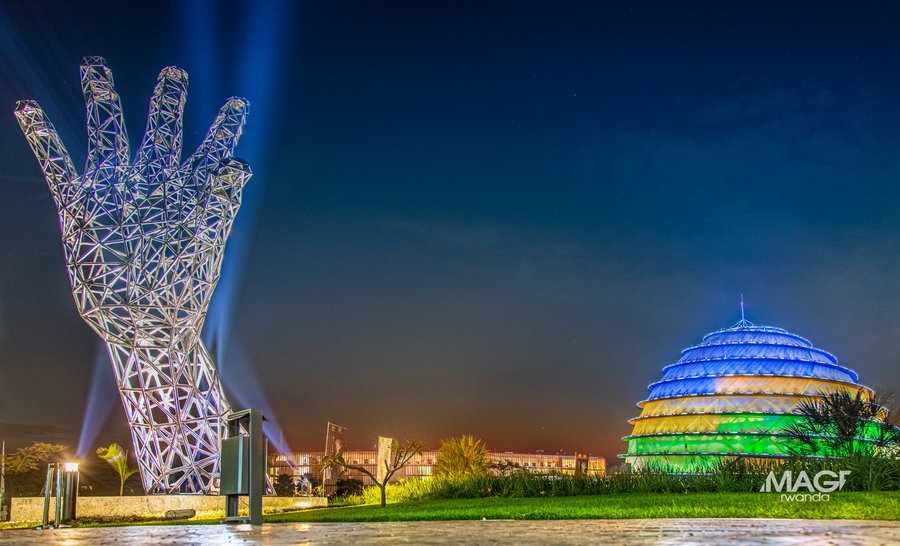
A steel Anti-Corruption Monument at Kigali Convention Centre.
As
Rwanda celebrates the 30th anniversary after the liberation struggle when the
Rwandan Patriotic Front (RPF) with its armed wing, RPA, defeated the repressive
regime and stopped the 1994 Genocide against the Tutsi, the country has a
number of success stories to tell.
Its journey to uprooting corruption is among
them.
Released
on January 30, the 2023 annual Corruption Perceptions Index by Transparency
International ranked Rwanda 49th in 180 countries and territories surveyed. It
was an improvement from the country’s previous position of 54th, in 2022.
The
global anti-corruption and injustice watchdog shed light on the global
landscape of corruption, providing insights into countries’ efforts in
combating corrupt practices.
Rwanda
is the fourth in Africa, and the first in East Africa in fighting corruption.
This did not happen overnight. It is a result of the zero tolerance to
corruption policy. Thanks to the government which initiated the policy to hold
accountable every individual involved in corruption.
The
RPF-led government struggled to uproot favoritism, which used to dominate all
sectors of life in Rwanda three decades ago.
“One
can hardly believe this is Rwanda, a country in which 30 years ago it was
almost impossible for some children to join high schools or university without
having a relative in government institutions,” said a 64-year-old man living in
Kigali.
He
explained that public servants were quick to ask for bribes (either money or
sex) whenever citizens approached them for certain services.
“Officials
who did not live up to the agreed standards (of no corruption) were dismissed
or brought to justice. Some thought we could not afford to take this
zero-tolerance approach given the fragility of our environment,” Rwandan
President Paul Kagame said in June 2019, while addressing the National
Anti-Corruption Summit.
Kagame
added that the truth, however, is that “we couldn’t afford not to do it. It is
the foundation of the modest progress for which Rwandans continue to work.”
Rwanda
has put in place measures and strategies to fight corruption including an
anti-corruption policy, laws, and various institutions responsible for
combating corruption and injustice.
Above
all, Rwandans treat corruption as an enemy of the country and fight it together
for development.
“Our
President [Kagame] made us believe that it is possible to live in a country
with no corruption, no favoritism, and no discrimination. From the beginning we
did not think it was going to work, but it finally worked,” said Alphonsine
Mukabaranga, an elderly woman.
Rwanda’s
journey to fighting corruption is among its aims to promote the principles of
good governance in all institutions and among the general population to achieve
“the Rwanda we want”.
These
principles include; transparency, improved service delivery, fighting
corruption, fighting forms of injustice, and citizens participation in policy
and decision-making.
As Rwandans celebrate liberation, it is a constant reminder that the country has been liberated from the shambles of corruption, and upholding these values is the only way forward.



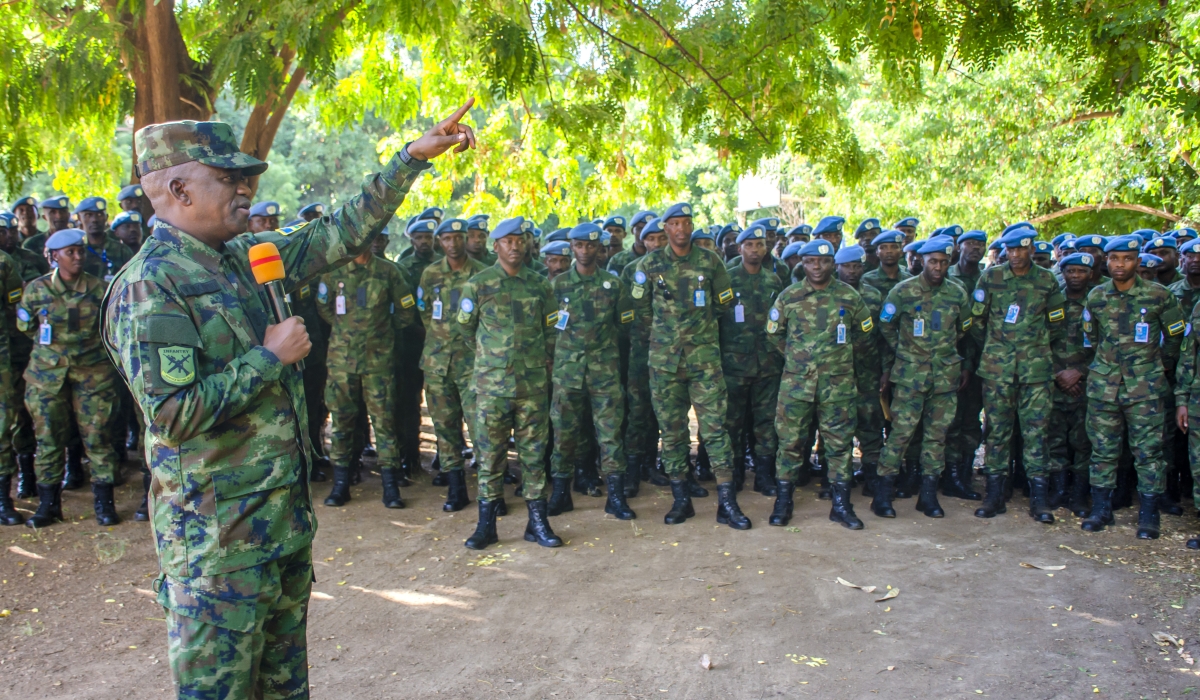
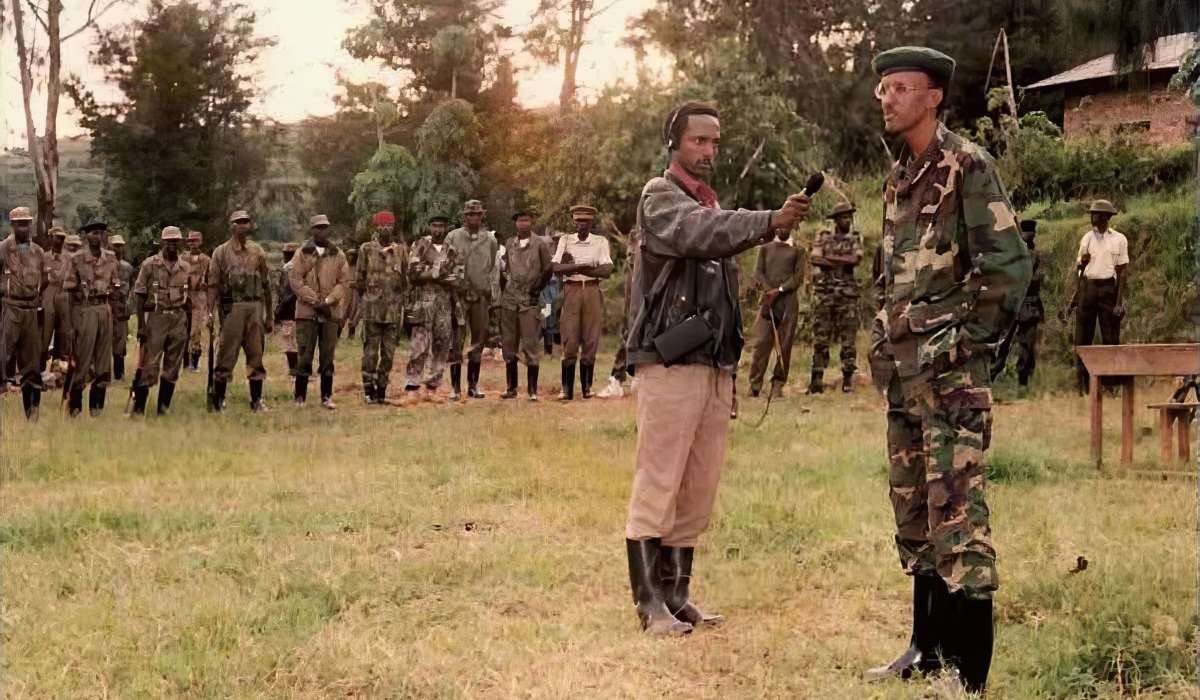
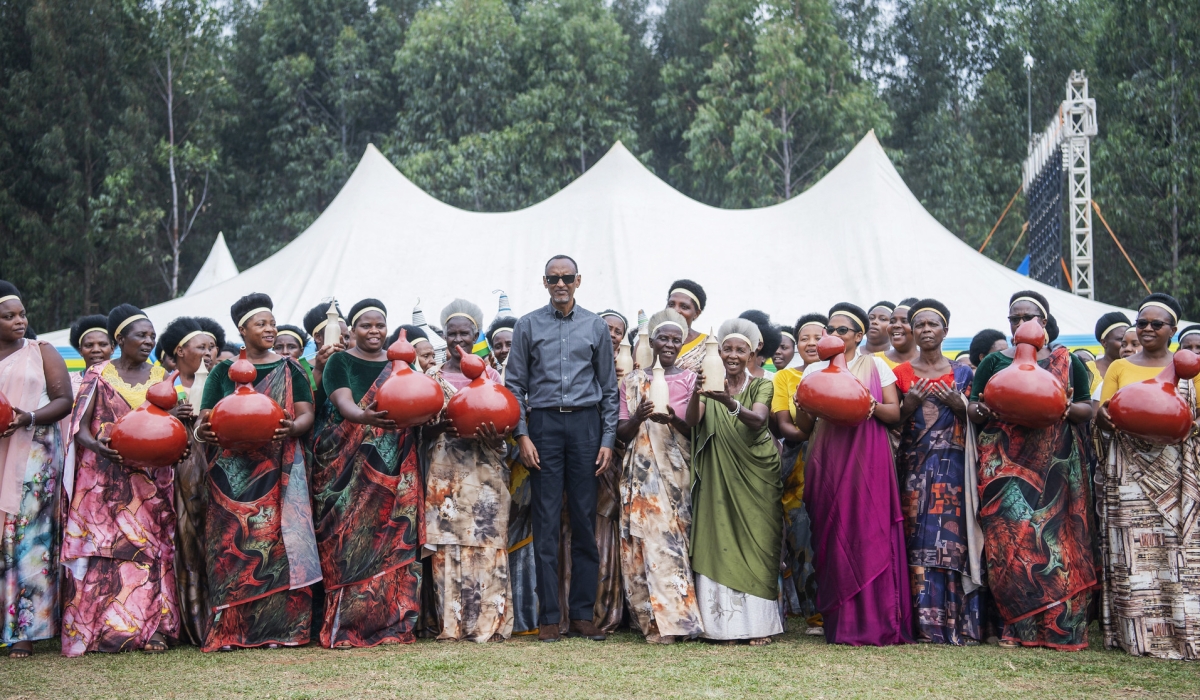
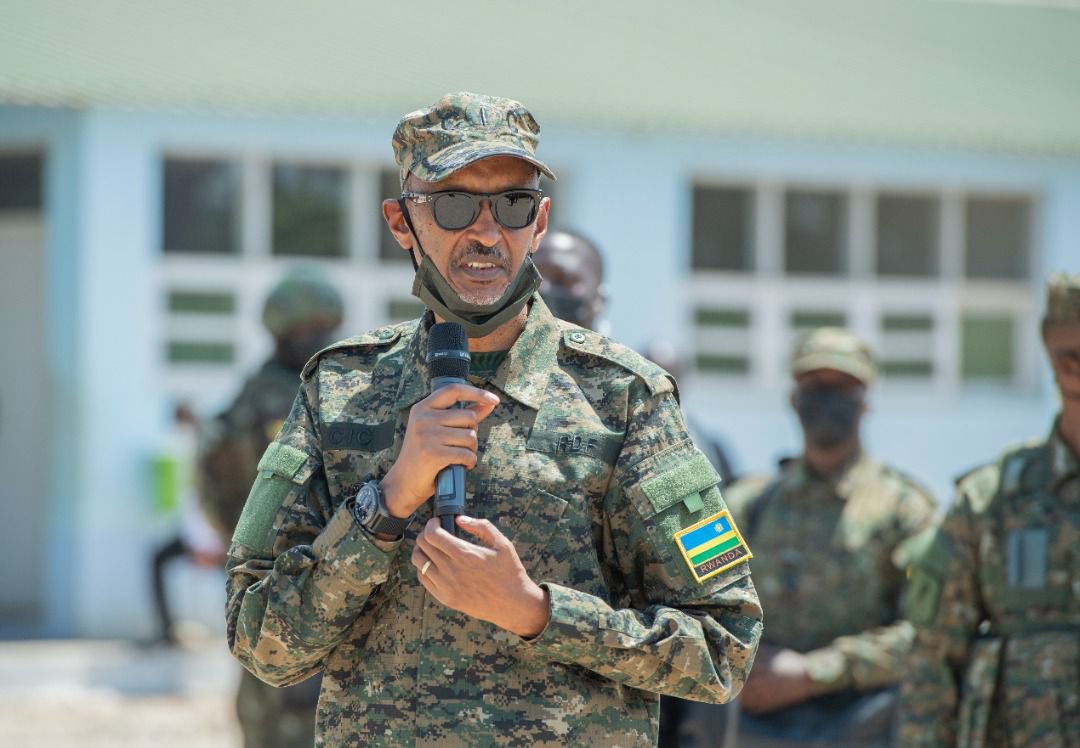
.jpg-20220704102136000000.jpg)
